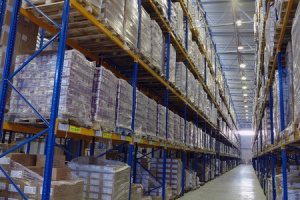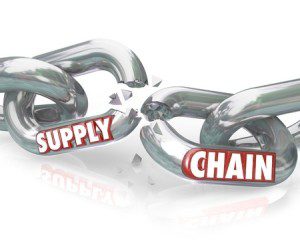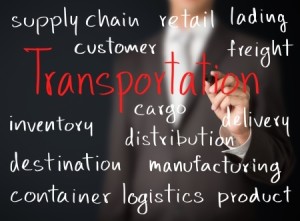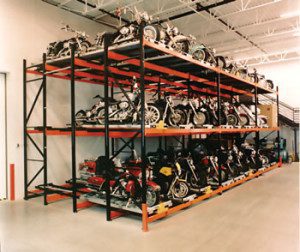

If goods get damaged or a theft occurs, it is not just a monetary loss to your company, it is also is loss of credibility in front of your customers due to delayed deliveries. These are issues that can cost your company dearly, both in terms of money and reputation. You should choose your warehousing partner with care. Without the right warehouse services, your business can suffer in many different ways.
Below are 5 reasons why you should choose professional warehouse services offered by 3PL Links.
- Expertise and Experience
3PL Links employs highly trained professionals who ensure all your logistics supply chain requirements are handled seamlessly. The company brings a wealth of knowledge and expertise and hence, is equipped to provide warehousing solutions to suit your needs and budget. This storage method minimizes risks and also ensures expedient and fast service. You never have to contend with inexperienced and untrained employees which increases the risk of loss and damage. Continue reading











